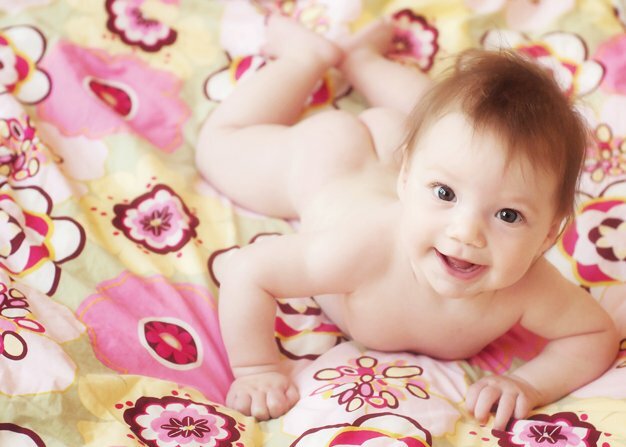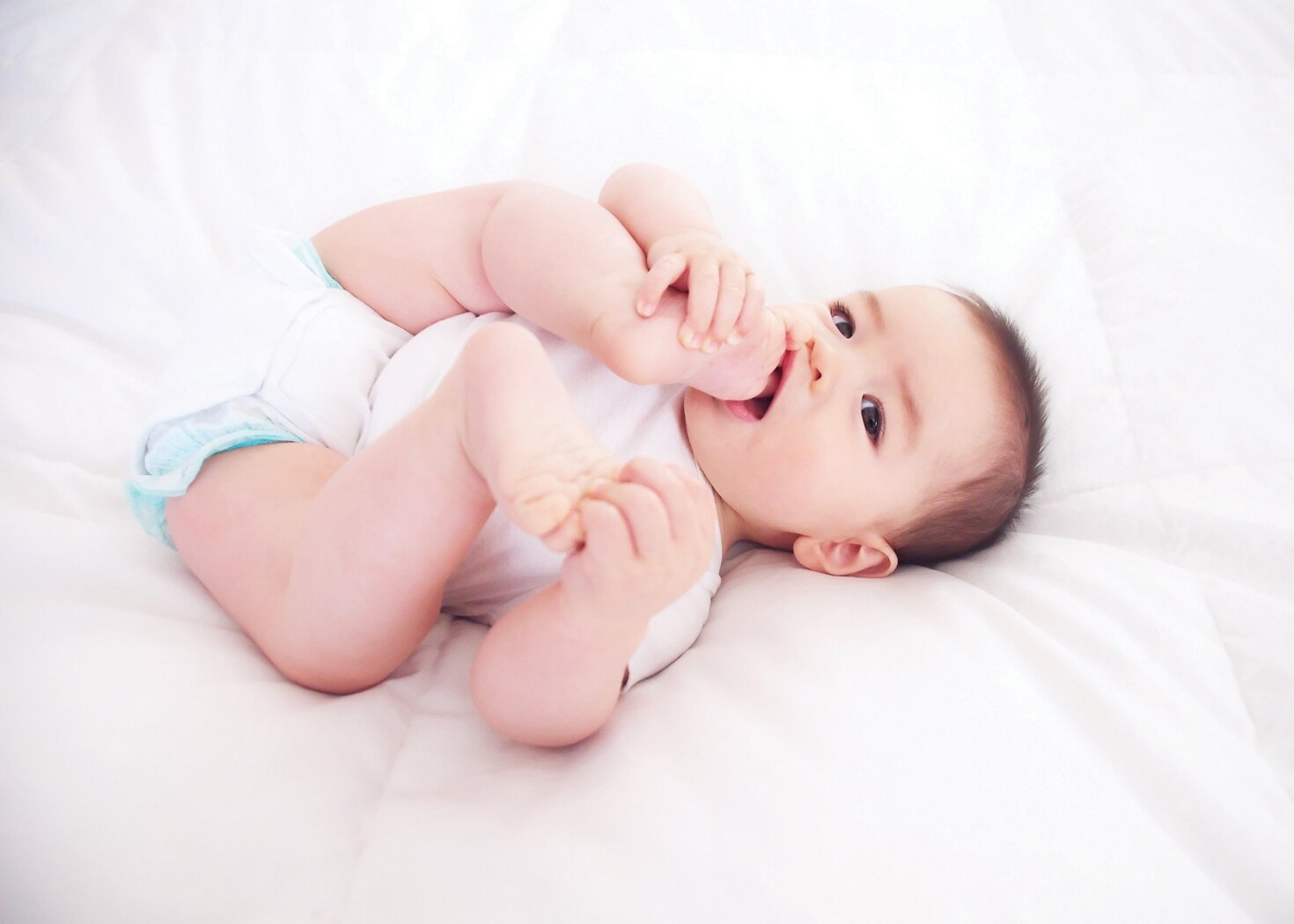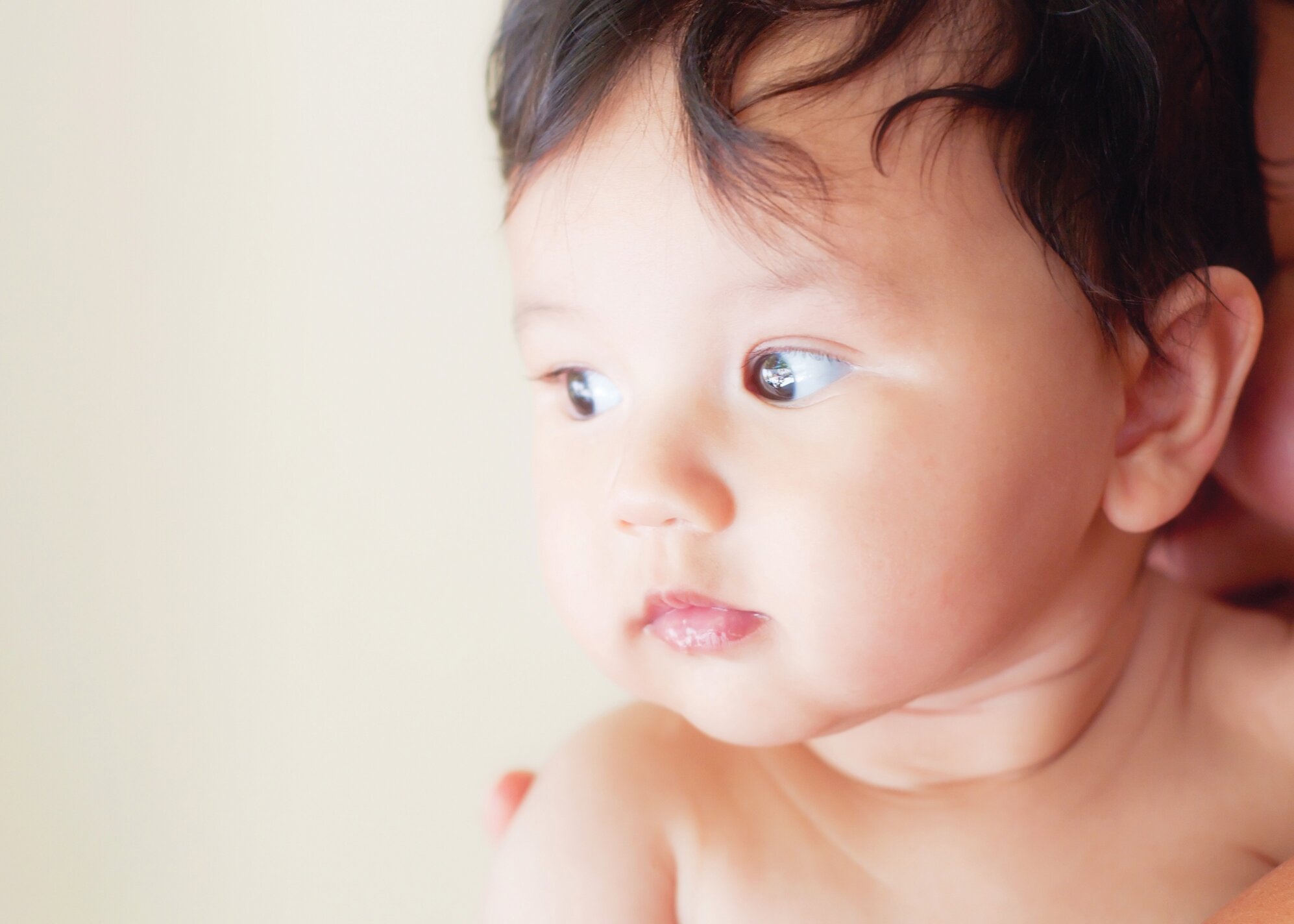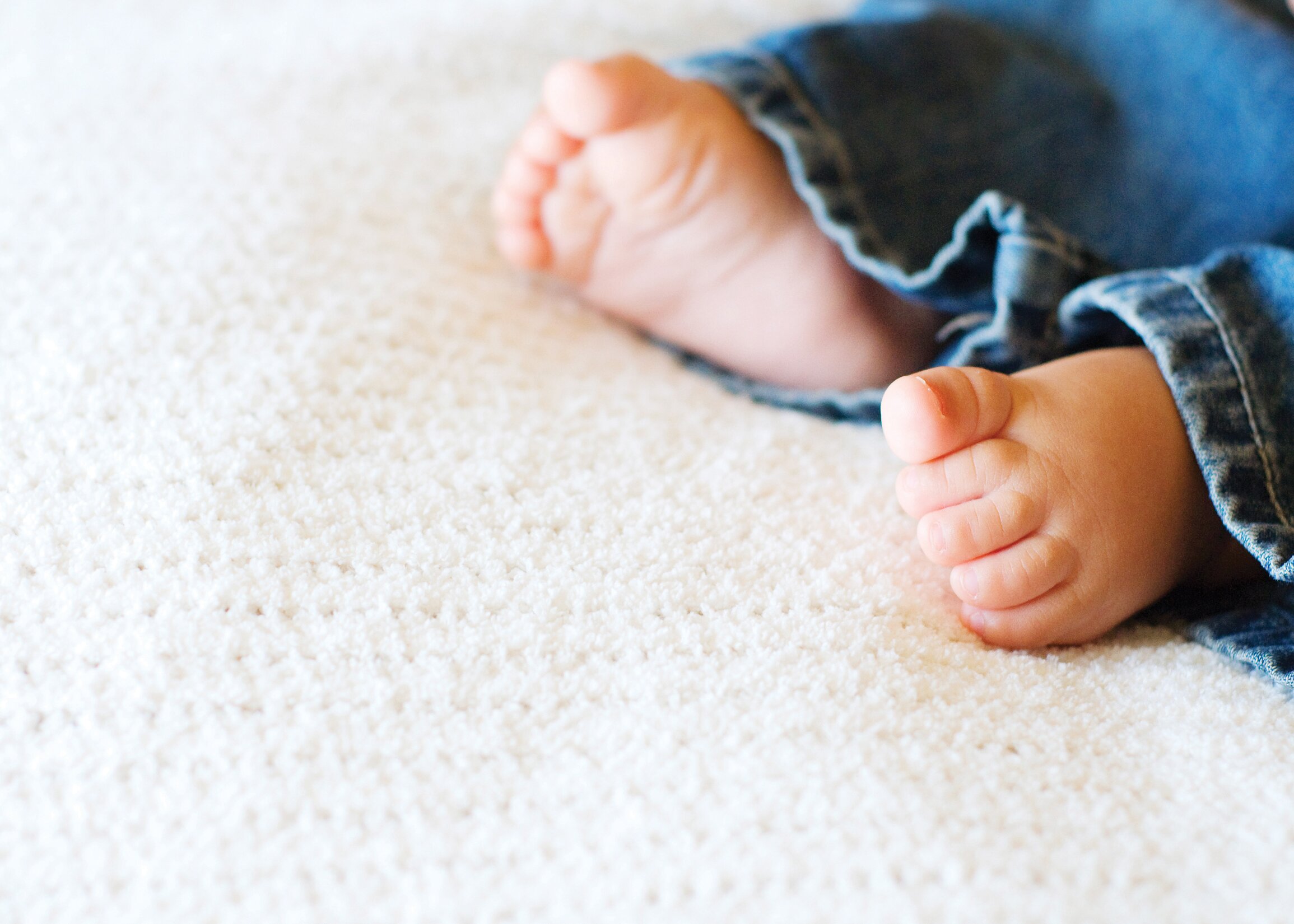Bundles of (Green) Joy

Photographs by Babymoon Photography
Being a parent in the green generation means you’re not just making decisions for your baby, you’re making them for the environment. Not that we don’t adore all their cuddly cuteness, but babies can inadvertently cause a lot of environmental damage because of the products we manufacture and purchase to feed them, change them, and keep them happy.
Having a new baby and going without precious sleep is hard enough, but when you start thinking about how to raise your child while limiting your impact on the planet, the pressure can feel overwhelming.
Parents have a wide variety of perspectives on eco-parenting. Some new mothers and fathers choose to completely eliminate plastic products from their houses, use stainless steel bottles, and buy only organic foods. There isn’t a box of old-school Cheerios anywhere in their kitchens. Others throw environmental caution to the wind and buy anything and everything that claims it will make their parenting lives easier.
Still others take a middle-of-the-road approach. Perhaps they aren’t willing to carry soiled cloth diapers around in a baggie all day, but they will buy disposable diapers that are chemical- and chlorine-free to enhance biodegradability.
The bottom line: Parents’ political values and the realities of their daily schedules and budgets—and maybe even how many hours the baby has been crying on any given day—are all going to affect their green parenting score.
So what choices can we make to simultaneously protect our kids from harm, keep them cozy and happy, protect the environment, and not make our lives too difficult? Here are some options:
Diapers The statistics on disposable diapers in landfills are staggering. The Real Diaper Association, an advocacy group, estimates that 27.4 billion disposable diapers are used each year in the United States. According to the Environmental Protection Agency, that translates into more than 3.4 million tons of waste dumped into landfills. And those diapers will not biodegrade in our lifetimes, or those of the next generation. The best choice for the environment, despite the resource costs of washing them—without having to do the dirty work yourself. A truck stops by your home, picks up your baby’s dirty diapers, and leaves you with a neatly folded clean set. The biggest challenge? You’ll probably find yourself using twice as many diapers. The parenting benefit? When your kids are ready to potty train, they may be more eager to get out of diapers than kids who wear disposables, which tend to keep bottoms drier than cloth diapers.

The Bay Area’s EarthBaby diaper service offers a middle-of-the-road option. They deliver compostable, “disposable” diapers and wipes to your door, then pick them up to take them to their local composting facility. The company’s mission statement is “reducing the impact our children have on the environment by eliminating disposable diapers and wipes from landfills.” They claim that it takes only half a watt-hour of electricity to fully compost one diaper (the equivalent of running a 60-watt household light bulb for 30 seconds). EarthBaby’s service costs $30 per month for delivery, pickup, and composting, plus about $12 for every 30 to 40 diapers, depending on your baby’s size.
Other eco-friendly disposable diaper options exist, too. Whole Foods’ brand of 365 Everyday Value Disposable Diapers are chlorine-free, which makes them slightly gentler on the landfill and much safer for your baby’s delicate skin. They cost about $12 for 40 diapers, compared to $9 for 40 standard disposable diapers. Seventh Generation and Earth’s Best make a similar chlorine-free product.
Bottles Bisphenol-A (BPA) is the chemical found in many plastic bottles that makes them less likely to break or shatter, but it’s also known to cause harm to laboratory animals. Many parents assume that it is also harmful to children and avoid plastic bottles for their baby’s daily elixir.
When Bay Area mother Allison Tryk’s son was an infant, she was dismayed by the BPA contaminants in baby bottles and went on a mission to eliminate plastic bottles in her household. Finding very few BPA-free options that she liked, she simply made her son’s bottles herself. She and her husband now head the small company Earthlust, based in Sausalito. In addition to baby bottles, they also make a “transition” cup. It’s a baby bottle, but by simply changing the top it becomes a sippy cup.
Glass baby bottles are also on the comeback. Born Free makes them in various sizes, including a few that come with silicone sleeves on the outside to reduce the chance of breakage (newbornfree.com, 2 for $25 with the sleeve, $18-$20 without).
Toiletries Kelly Boyd created her own line of chemical-free products in San Francisco after her son was born a few years ago. Her body wash, shampoo, and bubble bath use only organic, plant-based oils and ingredients. She started making them just for herself and her friends, but after her friends began asking for more, she began her business, kellyboydproducts.com.
A fun feature of Boyd’s products is that customers can personalize the labels. Most of her labels are already punchy and cute (like Frosty’s bubble bath and Dancing Daisy’s natural hand cream), but those who write to her and send along an image and message they want on the bottle can get a personalized version.
“Kids love the pictures. And they love having their [personalized] bottles,” Boyd says.

Boyd’s customers rave about the amount of bubbles the bubble bath produces. “My goal has always been to get the products to act like mainstream products, even though they’re all-natural and organic,” she says.
Plenty more natural care products are on the market, including those made by California Baby, which offers a wide variety of earth friendly and natural products, Jason Natural, and Earth’s Best, available at Whole Foods Markets.
Baby Wipes Bum Boosa disposable baby wipes are made from fast-growing bamboo, so they save trees (bumboosa.com, 80 wipes for $6). They are also biodegradable, so they won’t last forever in a landfill.
Ingeo disposable wipes are made from a synthetic fiber derived entirely from plants. They are safer for your baby than commercial baby wipes because they contain no chemical additives. Sproutbaby.com sells them under the brand name “Elements Naturals” (80 wipes for $6).
California Baby makes organic cotton wipes that are reusable, organic, and earth-friendly (six for $20), but keep in mind “reusable” means you have to wash them. The company also sells a chemical-free diaper wash.
Food Of all the measures you take to raise your baby with a natural touch, preparing healthy baby food is one of the easiest. You simply buy organic foods and put them through a food processor. In the Bay Area, organic and pesticide-free foods from Planet Organic can be delivered directly to your door.
Another fresh and local option is a membership in a Community Supported Agriculture (CSA) program. Most CSAs offer different local farms to choose from. For example, Live Earth Farm organizes pickup locations for fresh, local, organic foods. A variety of price ranges and payment plans are available, depending on the duration of customers’ subscriptions and what they order.
With so many eco-friendly baby-raising options available to Bay Area residents, most parents should be able to find at least a couple of ways to “green” their child-rearing methods while raising a happy, healthy baby.


